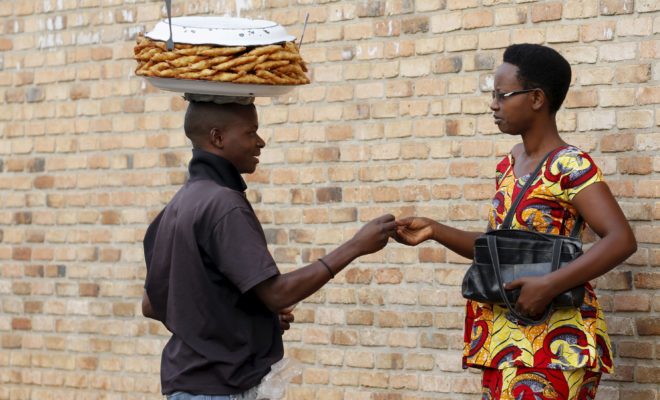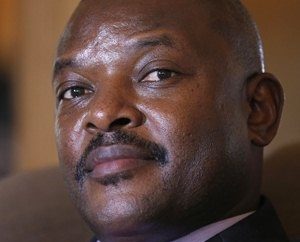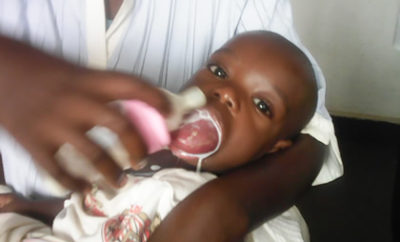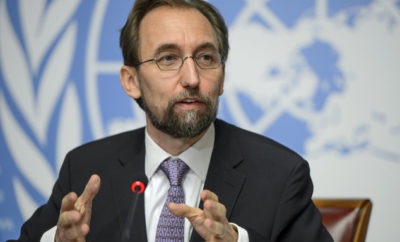
Burundi is crowdfunding to raise money for its next election
Burundi is set to hold an election in 2020, and besides voting, it now wants its citizens to do one more thing: pay for it.
The government plans to fundraise for the polls, saying it is seeking voluntary contributions from individuals and households, including foreign nationals. The move is part of the state’s plan to replace dwindling external funding since political instability and persistent violence gripped the small East African nation in 2015.
Pascal Barandagiye, the minister of interior, said civil servants will be asked to donate at least a tenth of their monthly salaries, families to pay 2,000 francs ($1.1) annually, while students will contribute 1000 francs, according to Reuters. President Pierre Nkurunziza reportedly visited his village of Ngozi in northern Burundi and deposited about $3,000 as part of his offering. Barandagiye said the contribution shouldn’t be seen as “head tax” and that while the exact election cost was not known, “as soon as the needed fund is got, the fundraising campaign will be halted.”
As one of the poorest countries in the world, Burundi is heavily dependent on foreign assistance to boost its economy and run its government. Close to 65% of the population live below the poverty line, according to the World Bank, and despite the paucity of arable land, the economy is reliant on the agricultural sector. Owing to low private consumption and the fragile political environment, the economy also faces recession. In order to augment this gap, the European Union committed about $68.4 million in development aid as of 2014, including paying half of the annual budget.
But in 2016, the EU suspended its donations to the country following the political crisis that engulfed the nation following the re-election of president Nkurunziza, after he ran for a controversial third term in office. Hundreds of people died, while over 400,000 others were displaced across the region.
With the deteriorating security situation, citizens faced threats from pro-government militias, and the government tightened its crackdown on local media. Corruption is reported to have also increased, with generals and powerful businessmen developing patronage systems within the government, bagging contracts, and exporting large caches of unaccounted for gold annually.
Across Africa, elections have become an expensive affair on both the aggregate and cost-per-voter basis. In 2017, Kenya held two elections that cost taxpayers almost $600 million, making it one of the most expensive in Africa.






